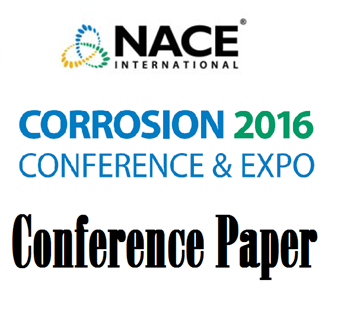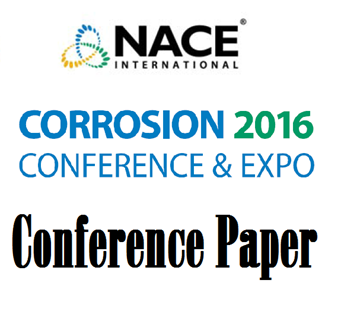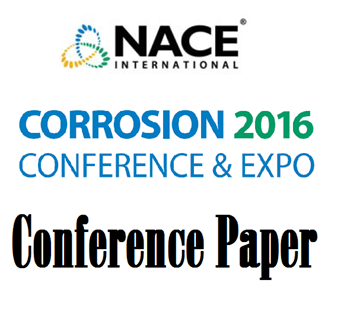Search
51316-7012-A Finite Element Model Of The External Corrosion Of Buried Pipeline Steel Under The Combined Influence Of Heat Transfer Cathodic Protection And Oxygen Diffusion In Surrounding Soil
Also Purchased
51316-7019-Cathodic Protection System for Hot Sulphur Tank Bottom
Product Number:
51316-7019-SG
ISBN:
7019 2016 CP
Publication Date:
2016
$20.00
51316-7083-The Role Of Local Chemistry Changes In Repassivation Of Localized Corrosion – A Review
Product Number:
51316-7083-SG
ISBN:
7083 2016 CP
Publication Date:
2016
$20.00
51316-6971-Innovative Polymeric Solutions For Flanged Pipework Protection
Product Number:
51316-6971-SG
ISBN:
6971 2016 CP
Publication Date:
2016
$20.00




